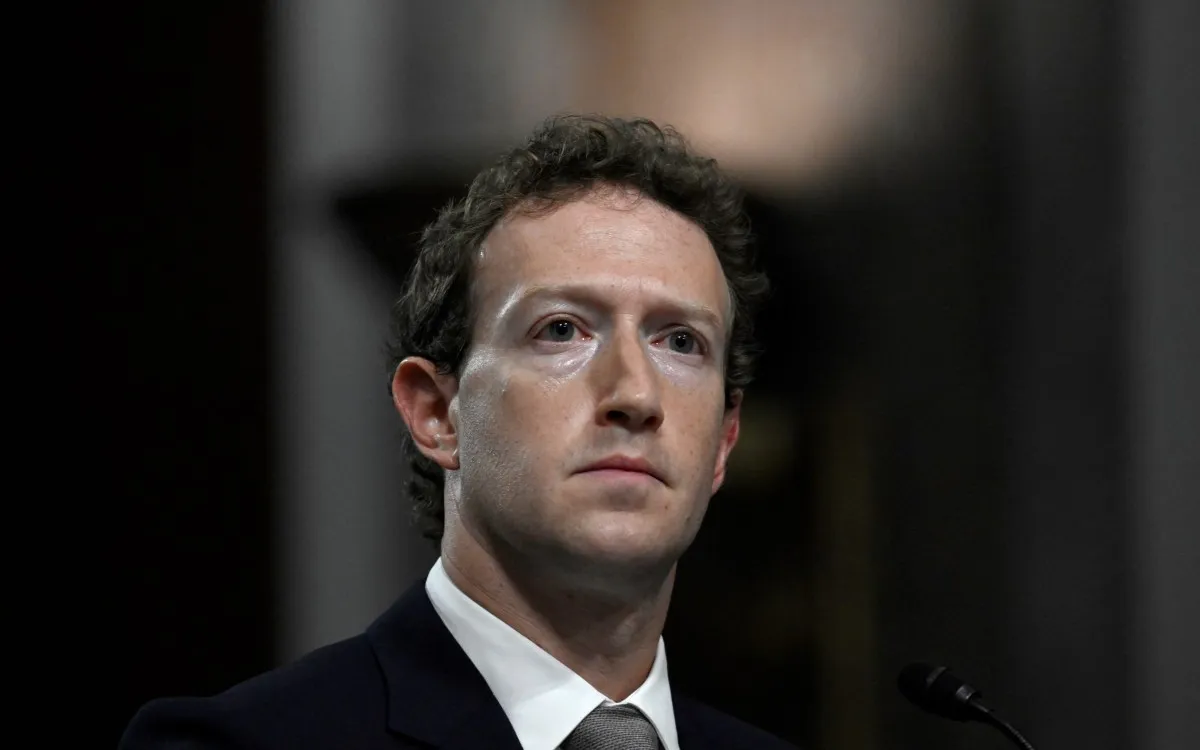
A federal judge has ruled in favor of Meta in a significant lawsuit involving 13 authors, including renowned comedian Sarah Silverman. The lawsuit alleged that Meta illegally trained its AI models using the authors’ copyrighted works. On Wednesday, Federal Judge Vince Chhabria issued a summary judgment, allowing him to resolve the case without it going to a jury.
Judge Chhabria determined that Meta’s training of AI models on copyrighted books in this case falls under the “fair use” doctrine of copyright law, deeming the practice legal. This ruling arrives shortly after a similar decision favoring Anthropic, indicating a trend that could benefit the tech industry in ongoing legal disputes with media companies over copyright issues. Both cases highlight the ongoing debate about whether utilizing copyrighted material for AI training constitutes fair use.
While this ruling is seen as a triumph for Meta, it does not represent an all-encompassing victory for the tech sector. Judge Chhabria emphasized that his decision is not an endorsement of all AI model training practices involving copyrighted works. He pointed out that the plaintiffs in this case “made the wrong arguments” and failed to provide adequate evidence to support their claims. “This ruling does not stand for the proposition that Meta’s use of copyrighted materials to train its language models is lawful,” he stated.
Judge Chhabria concluded that Meta’s use of copyrighted materials was transformative, suggesting that the company’s AI models did not simply replicate the authors’ books. Additionally, the plaintiffs were unable to prove that Meta’s actions harmed the market for the authors, which is a crucial factor in determining copyright infringement. “The plaintiffs presented no meaningful evidence on market dilution at all,” Judge Chhabria remarked.
While Meta and Anthropic have emerged victorious in cases involving AI training on books, a number of other lawsuits are underway against different technology companies. For example, The New York Times is currently suing OpenAI and Microsoft for allegedly training AI models on news articles. Similarly, Disney and Universal are pursuing legal action against Midjourney for using their films and TV shows to train AI models.
Judge Chhabria highlighted that the outcomes of fair use defenses depend significantly on the specific circumstances of each case. He noted that certain industries might have a more robust basis for fair use arguments than others, stating, “It seems that markets for certain types of works (like news articles) might be even more vulnerable to indirect competition from AI outputs.”
In conclusion, the recent ruling in favor of Meta marks a pivotal moment in the ongoing discourse surrounding AI and copyright law. As technology companies continue to navigate the complexities of using copyrighted materials, the outcomes of these lawsuits will undoubtedly influence the future landscape of AI development and intellectual property rights.